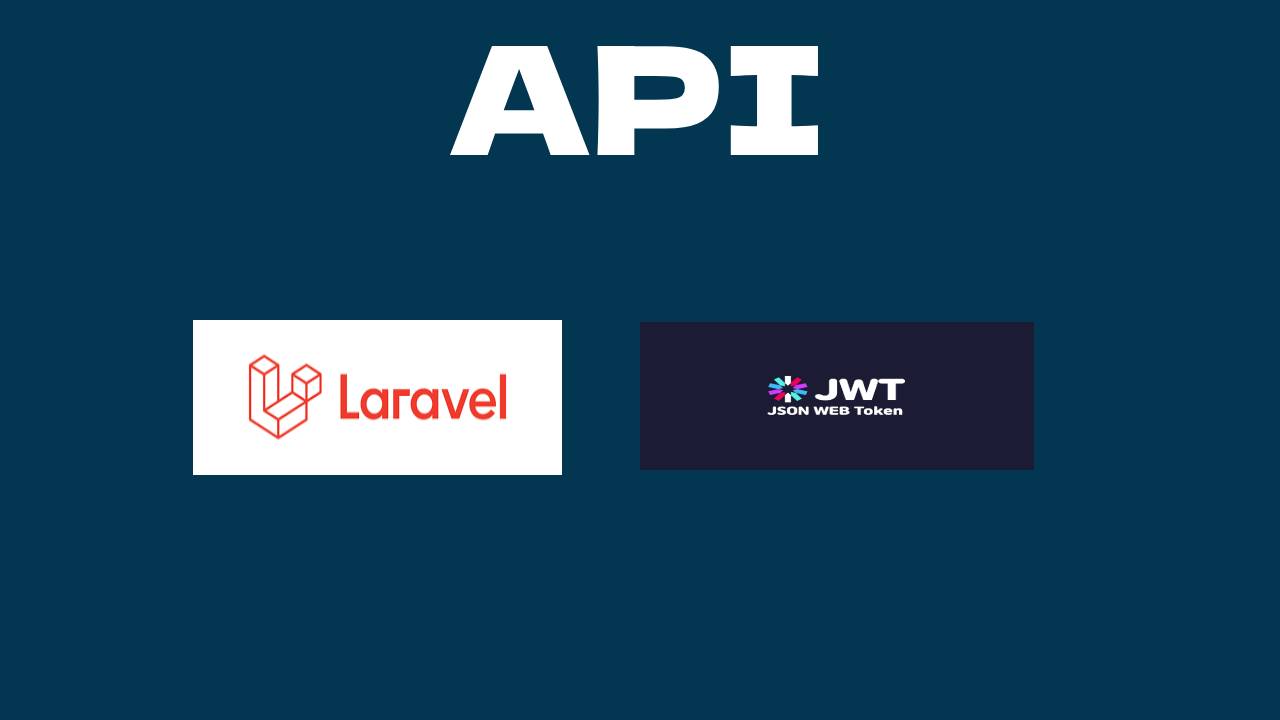composer create-project laravel/laravel lara-api-jwt
cd lara-api-jwtConnect the database in .env
DB_CONNECTION=mysql
DB_HOST=127.0.0.1
DB_PORT=3306
DB_DATABASE=lara-api-jwt
DB_USERNAME=root
DB_PASSWORD=Make Migration
php artisan migrateIf don’t create a database manually in my XAMPP server and then ask to create a database after hitting migrate just press ‘y’

Install & Setup JWT
composer require php-open-source-saver/jwt-authNext, we have to publish the package configuration
php artisan vendor:publish --provider="PHPOpenSourceSaver\JWTAuth\Providers\LaravelServiceProvider"Now we need to generate a secret key for handling the token encryption.
php artisan jwt:secretConfigure the authGuard
Inside the config/auth.php we will need to change a few things. We have to tell the API guard to use the JWT and the default guard is the API
'defaults' => [
'guard' => 'api',
'passwords' => 'users'
],
'guards' => [
'web' => [
'driver' => 'session',
'provider' => 'users',
],
'api' => [
'driver' => 'jwt',
'provider' => 'users',
],Modify the User model
To implement PHPOpenSourceSaver contract on our User modal. We will use two methods: getJWTIdentifier(), and getJWTCustomClaims()
<?php
namespace App\Models;
// use Illuminate\Contracts\Auth\MustVerifyEmail;
use Illuminate\Database\Eloquent\Factories\HasFactory;
use Illuminate\Foundation\Auth\User as Authenticatable;
use Illuminate\Notifications\Notifiable;
use Laravel\Sanctum\HasApiTokens;
use PHPOpenSourceSaver\JWTAuth\Contracts\JWTSubject;
class User extends Authenticatable implements JWTSubject
{
use HasApiTokens, HasFactory, Notifiable;
/**
* The attributes that are mass assignable.
*
* @var array<int, string>
*/
protected $fillable = [
'name',
'email',
'phone',
'password',
];
/**
* The attributes that should be hidden for serialization.
*
* @var array<int, string>
*/
protected $hidden = [
'password',
'remember_token',
];
/**
* The attributes that should be cast.
*
* @var array<string, string>
*/
protected $casts = [
'email_verified_at' => 'datetime',
];
/**
* Get the identifier that will be stored in the subject claim of the JWT.
*
* @return mixed
*/
public function getJWTIdentifier()
{
return $this->getKey();
}
/**
* Return a key value array, containing any custom claims to be added to the JWT.
*
* @return array
*/
public function getJWTCustomClaims()
{
return [];
}
}
Create the AuthController
php artisan make:controller AuthControllerBelow is the controller’s code for the auth
<?php
namespace App\Http\Controllers;
use Illuminate\Http\Request;
use App\Models\User;
use Illuminate\Support\Facades\Auth;
use Illuminate\Support\Facades\Hash;
class AuthController extends Controller
{
/**
* Register new user
* @method api/user/register
* @return JSON
* */
public function register(Request $request)
{
$request->validate([
'name' => 'required|string|max:255',
'email' => 'required|string|email|max:255|unique:users',
'phone' => 'required|numeric|digits:10',
'password' => 'required|string|confirmed',
]);
$data = $request->except(['_token']);
$data['password'] = Hash::make($data['password']);
try {
$user = User::create($data);
$token = Auth::login($user);
return response()->json([
'success' => true,
'message' => 'User created successfully',
'user' => $user,
'token' => $token
], 201);
} catch (\Exception $e) {
return response()->json(['error' => $e], 500);
}
}
/**
* Login user
* @method api/user/login
* @return JSON
* */
public function login(Request $request)
{
$request->validate([
'email' => 'required|string|email|max:255',
'password' => 'required|string'
]);
try {
$credentials = $request->only('email', 'password');
if (!Auth::attempt($credentials)) {
return response()->json([
'success' => false,
'message' => 'Unauthorized credentials',
], 401);
}
$token = Auth::attempt($credentials);
$user = Auth::user();
return response()->json([
'success' => true,
'message' => 'User login successfully',
'user' => $user,
'token' => $token
], 200);
} catch (\Exception $e) {
return response()->json(['error' => $e], 500);
}
}
/**
* Get user profile
* @method api/user/profile
* @return JSON
* */
public function profile(Request $request)
{
$user = $request->user();
return response()->json([
'success' => true,
'profile' => $user
], 200);
}
/**
* Logout user
* @method api/user/logout
* @return JSON
* */
public function logout(Request $request)
{
Auth::logout();
return response()->json([
'success' => true,
'message' => 'User logout successfully',
], 200);
}
}
Add the routes for the API
To access the controller’s methods, we need to define routes in api.php
<?php
use App\Http\Controllers\AuthController;
use Illuminate\Support\Facades\Route;
Route::controller(AuthController::class)->group(function () {
Route::group(['prefix' => 'user'], function () {
Route::post('register', 'register');
Route::post('login', 'login');
Route::middleware('auth:api')->group(function () {
Route::get('profile', 'profile');
Route::post('logout', 'logout');
});
});
});



